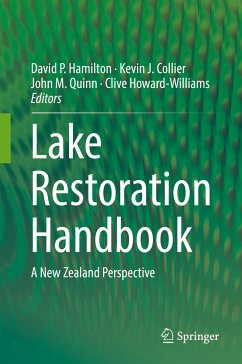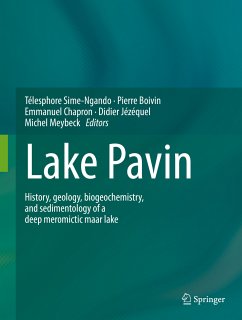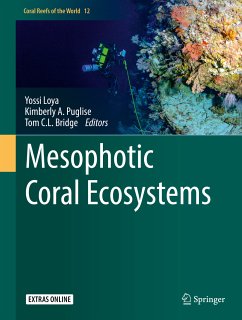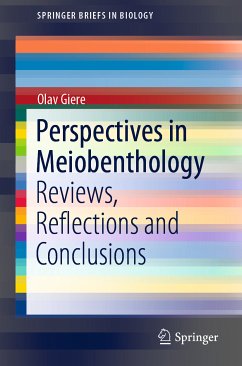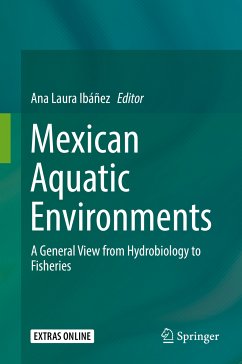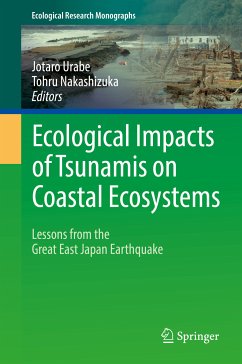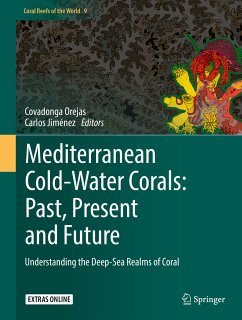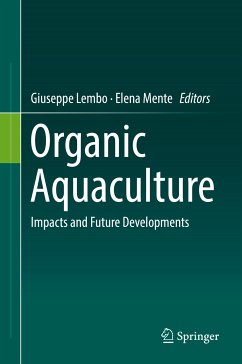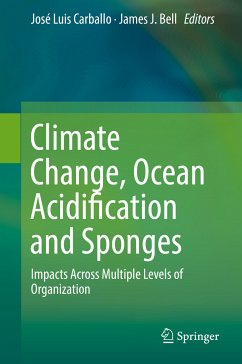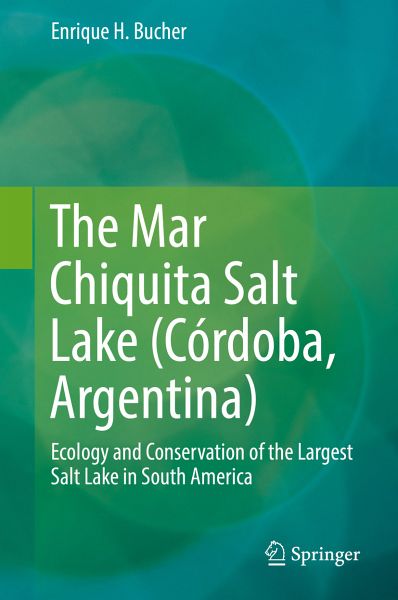
The Mar Chiquita Salt Lake (Córdoba, Argentina) (eBook, PDF)
Ecology and Conservation of the Largest Salt Lake in South America
Versandkostenfrei!
Sofort per Download lieferbar
72,95 €
inkl. MwSt.
Weitere Ausgaben:

PAYBACK Punkte
36 °P sammeln!
This book provides a comprehensive, updated syntheses of all the information available on Mar Chiquita, covering various aspects of the geography, geological history, biology and ecology of the site, as well as a detailed analysis of the current land-use patterns, environmental threats, and conservation issues. Mar Chiquita, located in the province of Cordoba, Argentina, is a protected wilderness area that includes South America's largest saline lake and wetland. It has a very rich bird biodiversity, including three of the six species of flamingos that exist in the world, and high numbers of i...
This book provides a comprehensive, updated syntheses of all the information available on Mar Chiquita, covering various aspects of the geography, geological history, biology and ecology of the site, as well as a detailed analysis of the current land-use patterns, environmental threats, and conservation issues. Mar Chiquita, located in the province of Cordoba, Argentina, is a protected wilderness area that includes South America's largest saline lake and wetland. It has a very rich bird biodiversity, including three of the six species of flamingos that exist in the world, and high numbers of intercontinental migratory shorebirds. For this reason, the area has been declared an International Site by the Ramsar Convention on Wetlands of International Importance, and also a Site of Hemispheric Importance by the Western Hemisphere Shorebird Reserves Network. Largely unknown until very recently, particularly in terms of the English literature, the site is rapidly gaining international visibility, not only in terms of scientific research, but also as site of interest for the nature lovers around the globe. Written in a language accessible to the non-specialists, the book focuses on integrating the dynamic, functional processes in the ecosystem, while at the same time providing the necessary descriptive information. Accordingly, it is of interest to scientists from diverse disciplines interested in saline wetlands, as well as to students, managers, and the general public.
Dieser Download kann aus rechtlichen Gründen nur mit Rechnungsadresse in A, B, BG, CY, CZ, D, DK, EW, E, FIN, F, GR, HR, H, IRL, I, LT, L, LR, M, NL, PL, P, R, S, SLO, SK ausgeliefert werden.



